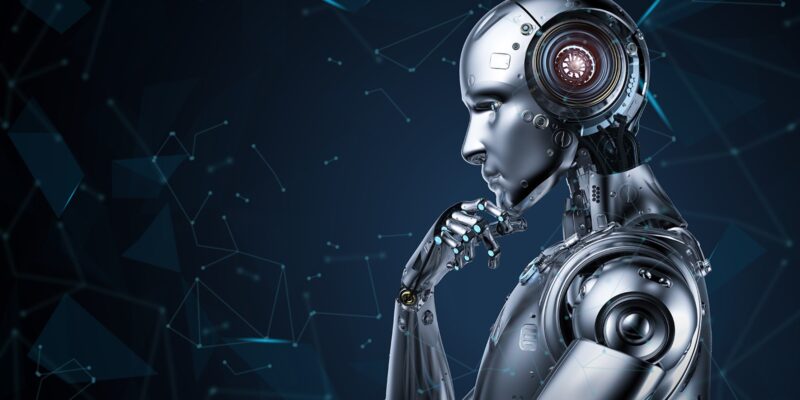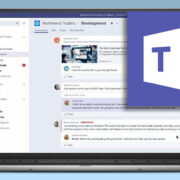Technologies like artificial intelligence (AI), deep learning and machine learning, have become common and are being embraced by businesses worldwide. These technologies have the ability to significantly raise the standard of corporate operations, but they also have the potential to disrupt a lot of existing industries.
AI can easily be extended, adapted, and applied to different business operations. When considering that AI is just a computer program, we can begin to see the potential scope of the technology. The reason that AI is being adopted on such a large scale is due to its capacity to bring intelligence to tasks that previously did not have it.
By Gamuchirai Mapako
AI’s improved predictive advantage and reduced expenses for companies makes it a highly disruptive power in various sectors. Keeping this in mind, we explored some of the industries that are most likely to be impacted by the widespread adoption of AI technology:
One of the sectors to be affected is healthcare. Adopters of AI in the healthcare industry stand to gain a great deal from it. The primary goal of the healthcare industry as a whole has been to gather precise and pertinent information about patients and those who enter treatment. Because of this, AI works well in the data-rich healthcare industry.
Those in the customer service and experience will be affected as well. AI has already begun to disrupt customer service. Natural language processing (NLP) algorithms have found their way into customer-facing helplines in the form of chatbots. These chatbots can collect information about a customer’s issues and enable customer support executives to work more efficiently.
AI in cybersecurity can work with vast databases that most cybersecurity companies maintain to check for virus attacks, which may end up affecting humans in the field. The technology is also being adopted by antivirus companies to provide a proactive method of combating cyberattacks.
AI can be trained to analyse cyber-attacks and malware, enabling companies to use set-it-and-forget-it solutions to monitor networks for suspicious activity, patch security holes, or notify human handlers.
AI technologies can reduce risk and information loss by reducing remediation time and identifying long-term cyberattacks on known targets, such as multinational corporations, thereby minimising financial and information losses.
The marketing industry will benefit from AI in two main ways making humans in the field, disposable. The first is more personalised messaging, and the second is better targeting. Other smaller benefits, such as intelligent automation and AI-based tools, have already begun surfacing and are being adopted.
AI technology will improve marketing by enabling targeted advertising using neural networks, enhancing customer engagement. Services like Google and Facebook are already utilising AI for better targeting and personalised user-to-user recommendations.
AI will also lead to several lifestyle changes, such as smart homes and integrated living. Devices such as Google Home and Amazon Alexa have become popular all over the world, and chatbots might see more representation in the coming years across industries.
The rise of the internet of things and predictive algorithms are enabling automated living, such as a fridge using image recognition to detect vegetable shortages and order groceries from a nearby store, fundamentally changing our lives.












Comments